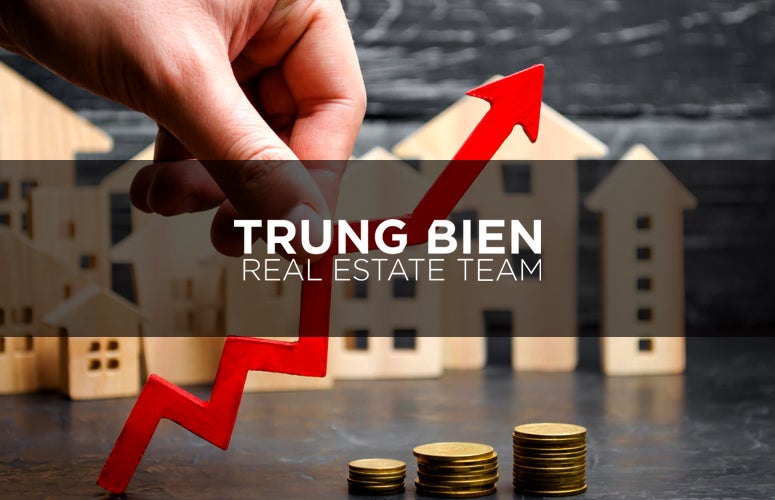Trung Bien, Team Lead at Trung Bien Real Estate Team, offers key insights into how you might invest your hard-earned dollars.
Where does a Realtor® invest their money?
It’s a good question, and I can’t speak for other Realtors®, but for myself, surprise, surprise…the answer is: primarily real estate. It sounds typical that a real estate agent says they mainly invest in real estate, but let me explain further.
Firstly, let’s be clear that by investing in real estate, we’re not talking strictly about homeownership but rather how you invest the money left over after paying for your home and your fixed monthly expenses.
When you consider it this way, there are many different places you could choose to invest your hard-earned dollars: stocks, bonds, mutual funds and ETFs, tax-free or high-interest savings accounts and GICs, start-up companies etc.
So what is the merit of investing your money in real estate versus, say, putting it all into the stock market or some other asset?
The Value of Real Estate as a Place to Invest Your Money
While I do invest in the stock market and like to take risks so that my money is working for me, with a family, my risk tolerance is lower. Cashflow rental properties are a safe and stable place to get your money working for you without taking on the higher level of risk that other investments might have.
Why is this?
Unlike stocks and bonds, real estate is a physical asset not devalued by inflation. In fact, real estate values usually increase as inflation goes up. Simply put, your real estate investments will likely grow alongside the cost of living.
This also makes real estate an ideal investment for people who want to preserve their wealth long-term and hedge against inflation because the equity in your real estate investment can provide a buffer against other assets that may have lost their value, especially in the current climate, where real estate values in Calgary have outpaced record-high inflation numbers.
It’s worth mentioning that when I look back at where I’ve seen the most sustainable gains in my net worth, the majority resulted from cash-flow-producing real estate and not the stock market.
Who Doesn’t Like a Three-course Meal?
A great way to think about investing in real estate is like a three-course meal that pays off in multiple ways.
For the Main Course: Mortgage Paydown
Meals don’t typically start with the main course, but this one does. The mortgage paydown, month over month, year over. You’re responsible for the down payment and the risk of taking on a mortgage, but someone else pays down the mortgage and the cost of borrowing the money to purchase the asset. As Thomas Beyer suggests, you will get rich and fat on the main course alone.*
The Appetizer: Positive Cash Flow
A positive cash-flow property is one where the annual cost of ownership does not exceed the rental revenue received, generating a passive source of income for the investor, with the added benefits of writing off many expenses for supplies and maintenance on their tax return. Remember that, like an appetizer, positive cash flow is appreciated but not required (breaking even is okay) because you are feasting on the main course.
The Desert: Equity Appreciation
Like an appetizer, dessert makes a great addition to a meal but is not required for you to feast. While it is speculative that real estate values will increase, historically, we know they generally do. The equity which accrues from owning the property over time is the bonus you receive for investing in the asset over and above what you have earned from the main course.
What Kind of Properties Should You Invest In?
Generally speaking, you want to ensure you invest in properties where you can turn a positive cash flow.
I like to focus on purpose-built rentals (homes/apartments built strictly for the purpose of renting) and new homes. Not only do tenants like the feeling of renting a new home, but you can charge more for rent and generally tend to attract better tenants. In addition, you’re looking at minimal maintenance costs in the first five years minimum.
Another option is purchasing a property you can rent out on Airbnb and then potentially use as a personal vacation property when it’s not being rented. Airbnb properties earn higher revenue but take more time and effort to manage.
Ultimately, don’t rush your investment. Do proper market research, and see which neighbourhoods or areas in your region are in high demand. Right now, for example, Canmore is a great place to invest. With the increased demand for rentals, low supply, and a steady flow of national and international tourists, Canmore has seen some of the highest price appreciation in Alberta over the last few years.
Need More Advice?
One thing that makes us unique at Trung Bien Real Estate Team is that we’re not just Realtors®; we’re real estate investors, inner-city developers and project managers with years of industry experience.
I learned most of what I know about investing in real estate before I became a real estate agent while working as a real estate investor. I’m not ashamed to say I made plenty of costly mistakes, have learned from them, and now use that knowledge when helping clients avoid stepping into the same pitfalls I did as a newbie investor.
If you’ve got a question or need help determining what kind of property would be the best real estate investment, don’t hesitate to reach out.


